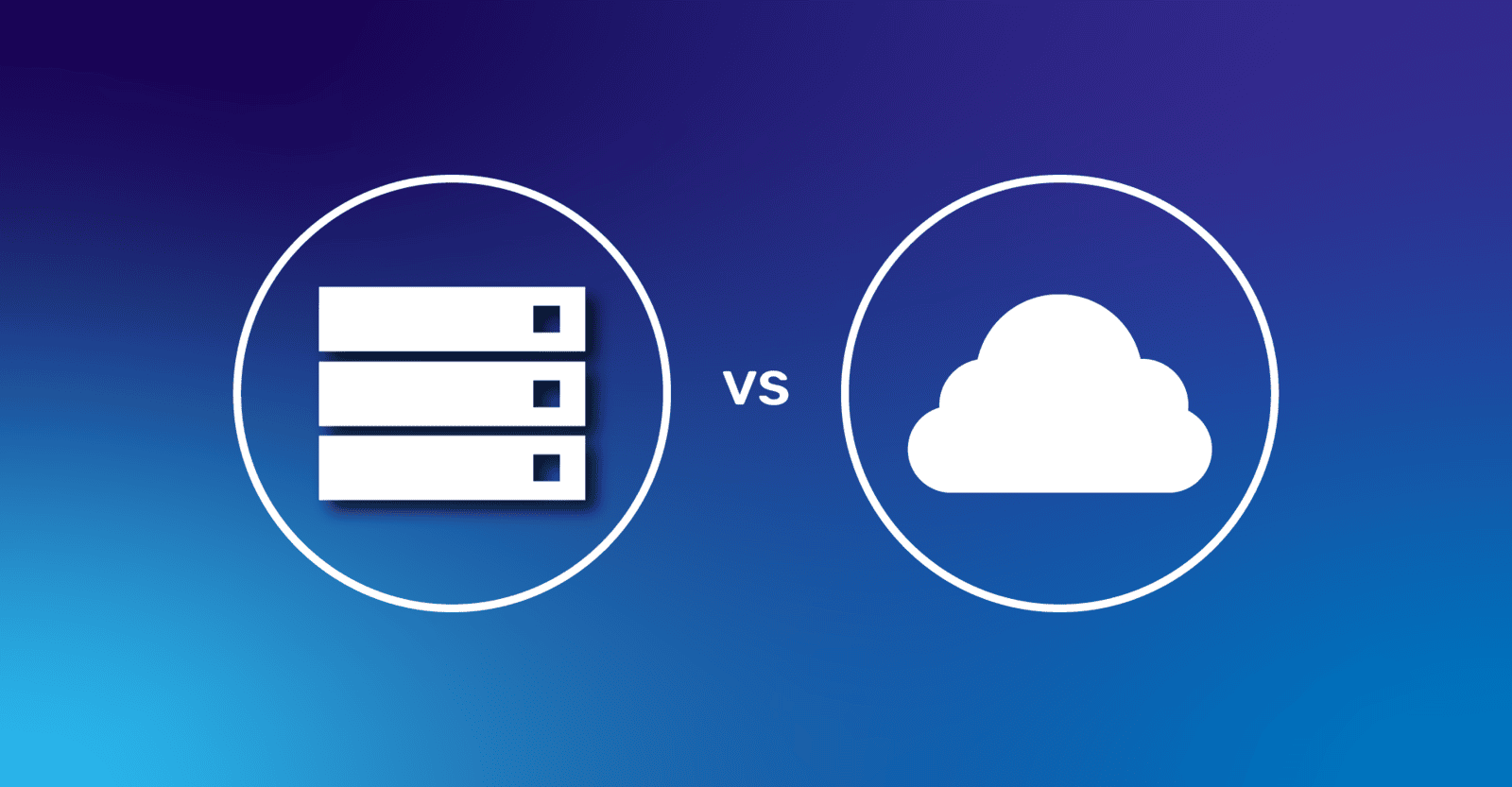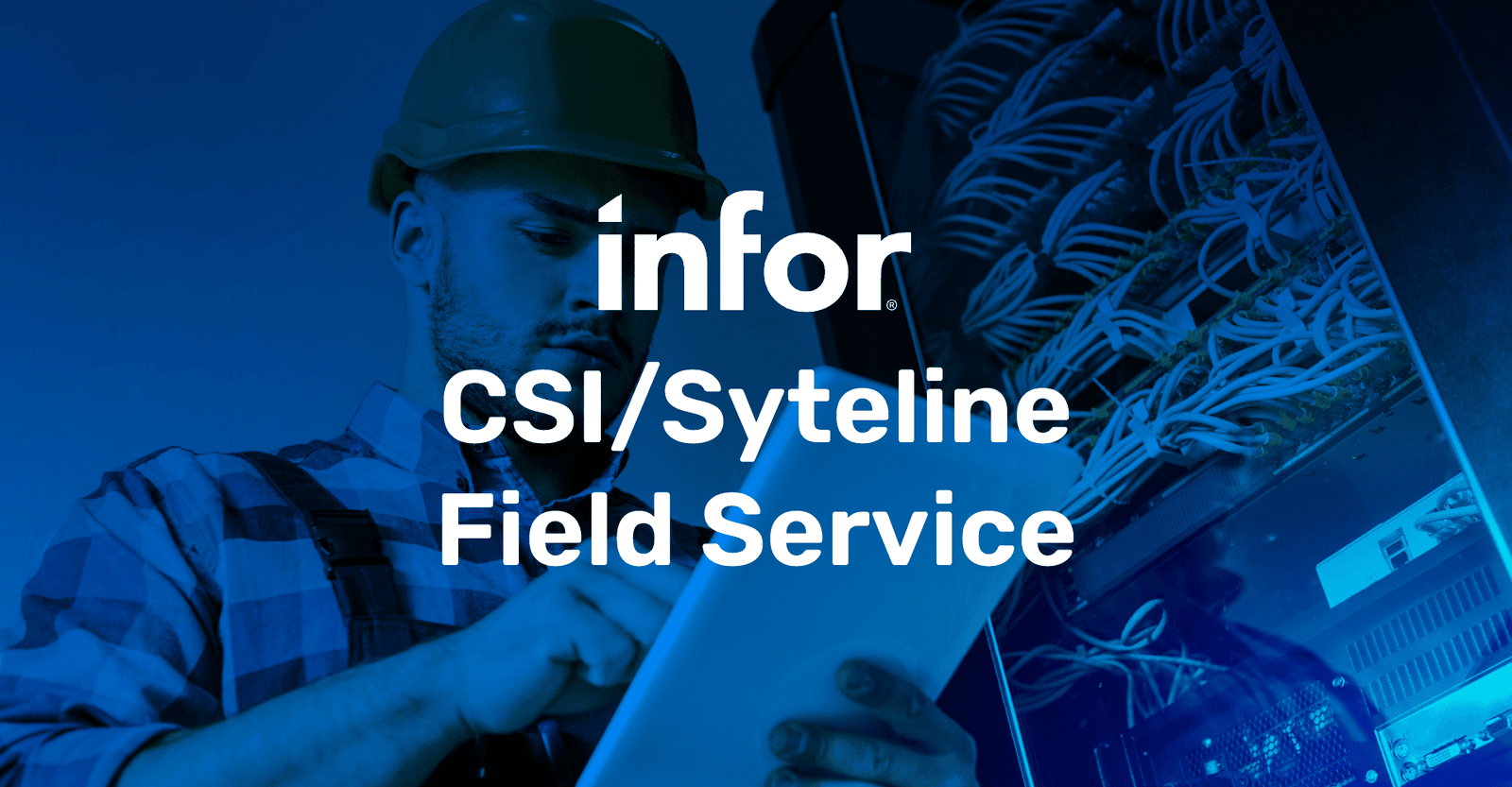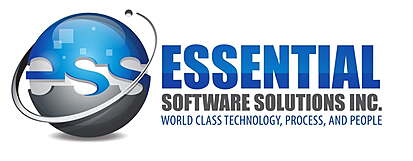Many businesses are still scrambling to mitigate the repercussions of COVID-19 on their field service strategy. Here are 3 key factors you should consider when implementing an emergency contingency plan.
1) Plan for Lack of On-Site Labor
The biggest challenge is the massive impact on on-site labor. There has been a tremendous loss of experience-based knowledge due to the retirement employees from the Baby Boomer generation. New recruits are easy to come by, but training field service operators is problematic due to limited contact regulations.
Explore Unconventional Options
To plan for our new normal, it is essential to consider unconventional solutions. Your strategies must consider restrictions on person-to-person contact and offer solutions that allow remote diagnostics or repair. This is where the Industry 4.0 and the Industrial Internet of Things (IoT) present themselves as ideal candidates to be leveraged in the face of these challenges.
Machinery and equipment with Industry 4.0 advancements can maximize the value of IoT interconnectivity, with predictive alerts for service requirements and functionality that enables remote services. Being able to diagnose issues remotely opens possibilities for self-service and eliminates the need for an agent to always travel on-site.
In the face of a shrinking workforce, companies must provide greater knowledge bases for employees, so it is easier to drive higher quality and faster service. Conveniently available knowledge repositories are a critical factor for sustaining field service in challenging circumstances.
2) Optimize Your Component Inventory & Conserve Parts
Even the largest companies are feeling the impact of supply chain disruptions. Ensure that you have visibility of your inventory – a modern ERP that integrates various functions is invaluable for this purpose.
Keep in mind that inexperienced technicians often replace components that are not broken, or in some cases attempt a trial and error method of finding parts that work. This is wasteful and a strain on inventory. You can mitigate this by implementing Industry 4.0 technology-based solutions to help your field staff repair the root cause of the issue accurately on the first attempt, saving time and money and reducing components utilized. Ensure Proactive Client Interaction
Managing Customer Experience (CX) is a crucial factor. Research shows that 52% of consumers are willing to pay more for a fast and efficient CX, which is why most top financially performing organizations in Canada have an executive in charge of improving CX. To keep satisfaction high by meeting consumer expectations, communication is imperative.
Frequent and early interaction solves issues pre-emptively. Operational executives can proactively offer custom resolutions for client problems and schedule preventative maintenance on machinery and equipment. Industry 4.0 can remind operators about regular machinery check-ups and even send updated reports on progress to customers thanks to the IoT.
3) Strategize for the New Norm
Strategizing an emergency contingency plan for field services goes a long way in mitigating potential service disruptions. Planning for a future wherein resources are limited, cost-cutting is unavoidable and an experienced work force is limited, requires a great deal of foresight. To be able to project accurately requires technology such as Industry 4.0 and IoT to be a part of your equation.
Industry 4.0 enhancements which are critical in enabling continued and optimized field service operations. IoT in particular is the technology that an increasing number of industry manufacturers are turning to in order to maintain business operations.
If you’d like to explore leveraging innovative technology, ESS is glad to help. Essential Software Solutions Inc. has Industry 4.0, ERP, and field service expertise. We also have over 5 decades of experience supporting businesses across Canada. We can support you with best practices guidance for establishing an emergency contingency plan for field service. Reach out to our team at ESS to find out more.














